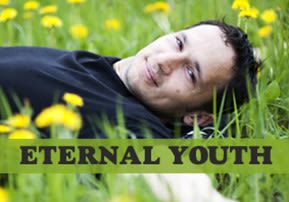
Eternal Youth
The yetzer hara’s job is to make a person feel stale, unproductive, and unable to meet challenges or visualise or conceptualise new possibilities...

Rebbe Nachman says, “Don’t be old!”
The yetzer hara is referred to in the Gemara as “an old foolish king”. The commentary on this points out that the yetzer hara’s job is to make a person feel stale, unproductive, and unable to meet challenges or visualize or conceptualize new possibilities. This in turn leads to depression and a depressed person will feel “old” no matter what age.
I found this idea so profound because I believe it encapsulates exactly what so many of us – Jew or non-Jew, religious or non-religious [whatever that means!] – suffer from during in this period of world history: a feeling of lack of purpose, a feeling of being overwhelmed by life’s trials and tribulations, a lack of connection, a lack of personal growth.
After Hashem creates the world, the Torah relates that Hashem did not send rain upon the earth because there was no man to work the soil and no-one to recognize the purpose of the rain, ie to bring sustenance to the world. Once Adam had been created he realized how  important rain would be and, according to Rashi, he prayed for it, thus causing vegetation to come forth. Once prayer was introduced into creation, what was latent could now become actual and thus the connection, the partnership between man and Hashem, was cemented through prayer.
important rain would be and, according to Rashi, he prayed for it, thus causing vegetation to come forth. Once prayer was introduced into creation, what was latent could now become actual and thus the connection, the partnership between man and Hashem, was cemented through prayer.
We see, therefore, that from the beginning of creation the concept of prayer and growth are interlinked. It’s a mitzvah for a Jew to grow, to renew himself/herself’; likewise the Jewish People, who are likened to the moon, which waxes and wanes, always has the potential to renew its connection to Hashem, however distant we seem to have become from our Source.
In the blessings of the Shema, we say that Hashem in His Goodness renews each day continuously. Rav Noson says in Likutei Halachos that this constant renewal is synonymous with the Mishkan, the Holy Tabernacle, from where all the good deeds of the Jewish people are unified. The Mishkan is the house of prayer, a gathering of Jews who have become distant, whose holy sparks have been drawn from the klipot, from the forces of impurity. We therefore have an obligation to see our good points, because if Hashem loves His people, surely in order to experience Hashem’s love for us we must experience self-love and self-acceptance first.
Once we feel confidence in our relationship with Hashem and our divinely given talents, we can serve Hashem with inspiration without having to compare ourselves to other people, without having to constantly bolster our egos, without feelings of inferiority or failure.
I remember when I was in my 20’s, before I embarked on my spiritual journey, I had periodic feelings of maybe not living beyond the age of 30. I didn’t quite know why I would feel like this, there wasn’t anything particularly stressful happening in my life, it was just this existential feeling of not quite being able to imagine what life would be like after 30. At about the age of 30, needless to say, I started learning Torah, and these rather morbid thoughts disappeared. I realized after only a few years of being inspired by Torah, that actually they were connected. In my 20’s, although I had a strong Jewish identity – I had Jewish friends, I went to Jewish charity events etc – I didn’t have a divine connection, I didn’t have Hashem in my life, I didn’t have Torah, I couldn’t see an overall purpose to my existence, I wanted to know there was something more, and the thought that perhaps there wasn’t something more had been disturbing me. I was looking for real existence.
Over the years since that time, one thing I have noticed is that I have become increasingly less concerned with my age. But no, I’m not telling! The more Torah I learn, the more I want to learn because it’s never ending; the more, usually little, changes I make in my life to serve Hashem, the more I want to grow; the more I visualize different potential scenarios [ie daydreaming!] and see some of those come to fruition, the more hope it gives me that anything is possible with Hashem’s help; the more hashgachah pratit (Divine Providence) in my life, the less fear I have. And when I see my weaknesses, my resistances, my failures, gradually I’ve learnt not to give up, to be honest about them, as Rabbi Brody said recently in his shiur, and ask Hashem for help.
The mystical sources say that in one sense the body is higher that the soul because it was created first and it is the only vehicle through which the neshama can serve Hashem in this world. However, the body will decay and return to the ground [at least temporarily] but the neshama is eternal and if the neshama is eternal it actually can’t age.
So if we would really internalize that the source of our youthfulness is really internal, transcendent, and intimately connected to prayer, to our connection to Hashem, perhaps we really would discover the fountain of eternal youth!


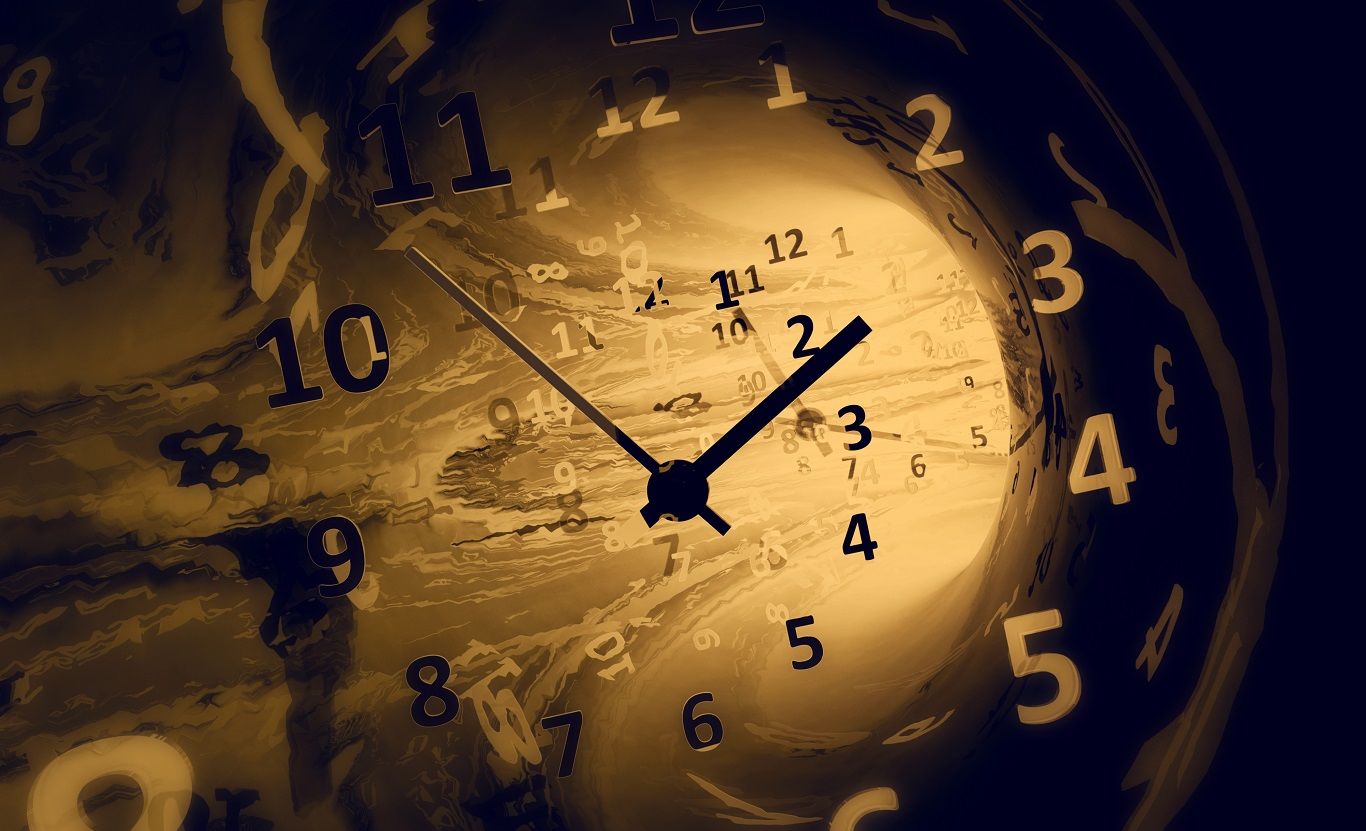
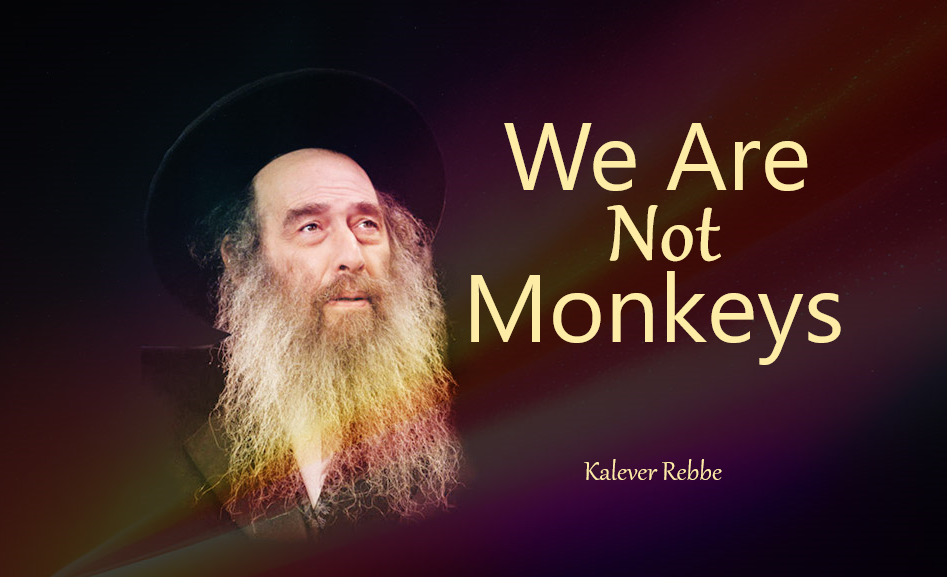
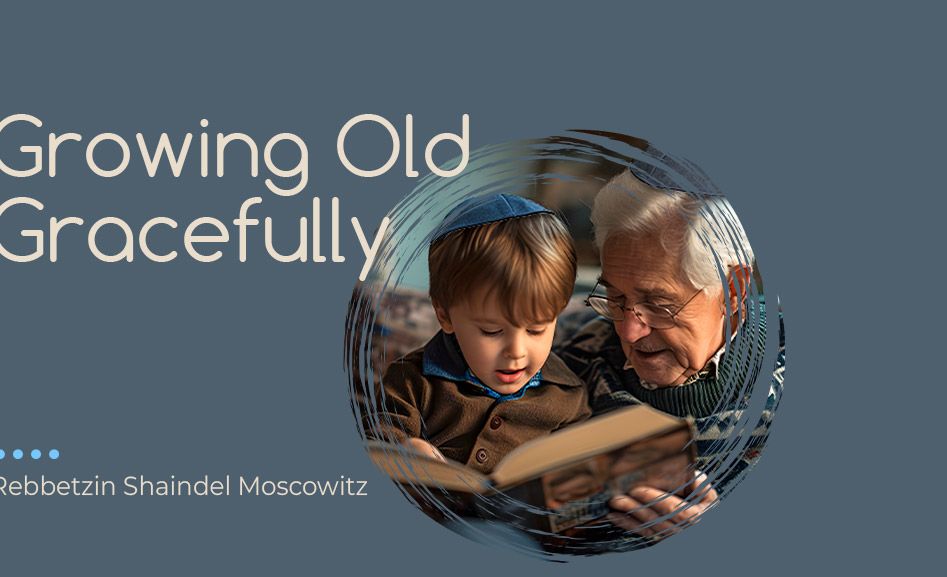




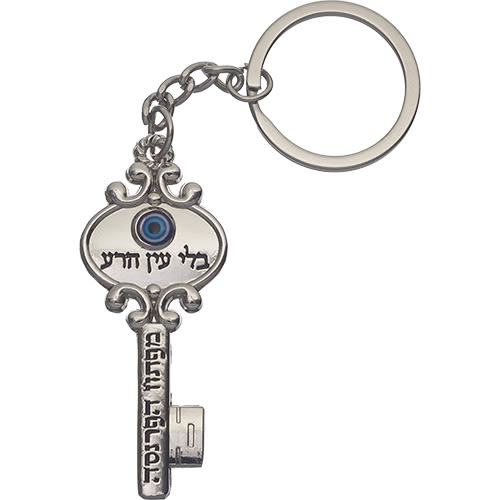

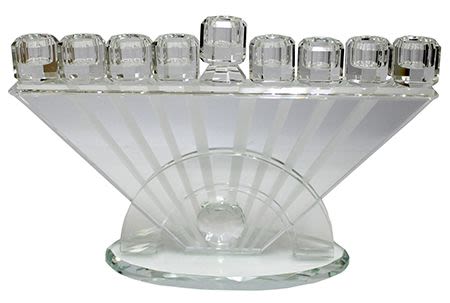
8/22/2016
The End to Stagnation & Depression
I found your article to be very relevant. When we find purpose and meaning in our lives, we recognize that the soul, being eternal, makes the concept of aging insignificant, so we focus on things that keep us young and engaged. Very uplifting!
8/22/2016
I found your article to be very relevant. When we find purpose and meaning in our lives, we recognize that the soul, being eternal, makes the concept of aging insignificant, so we focus on things that keep us young and engaged. Very uplifting!